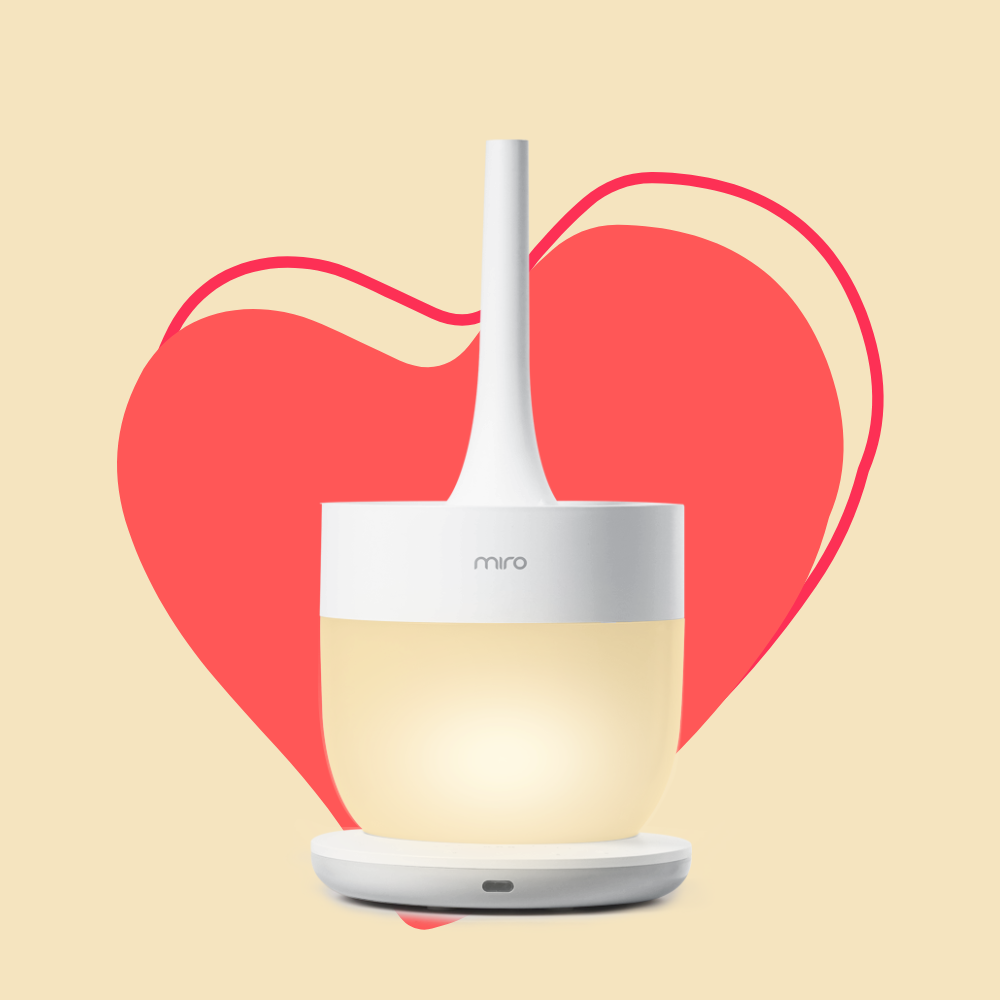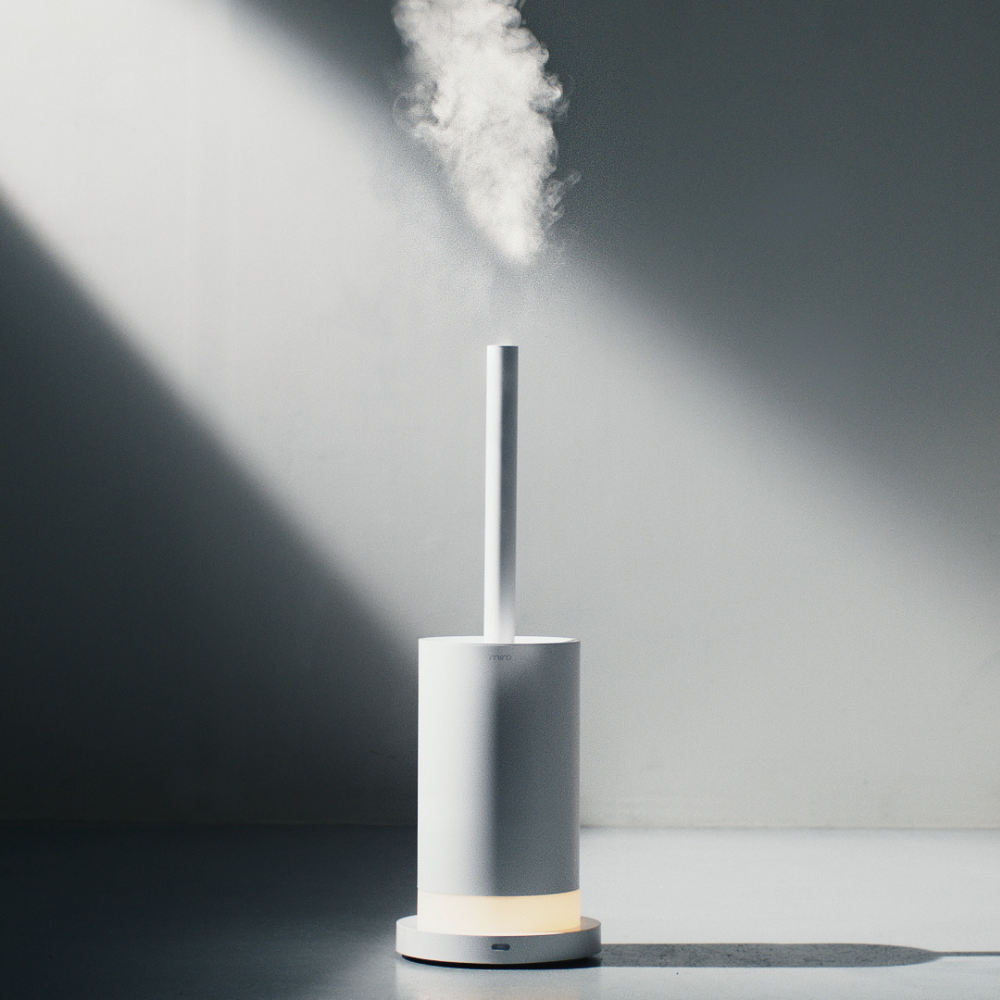

How Long Does It Take A Humidifier To Work?
The efficiency of a humidifier is essential for those looking to alleviate dry air in their living spaces. But how long does the humidifier take to work? The answer depends on various factors, including the type of humidifier, room size, and initial humidity levels. In this article, we will explore these factors and provide tips on how to optimize your humidifier's performance.
Types of Humidifiers
1. Ultrasonic Humidifier
Ultrasonic humidifiers use high-frequency vibrations to create a fine mist that is released into the air. These humidifiers are known for being quiet and energy-efficient. They're also often equipped with a built-in humidistat that can automatically adjust the level of humidity in a room. However, ultrasonic humidifiers do require regular cleaning to prevent the growth of bacteria and mold in the water tank.
2. Warm Mist Humidifier
Warm mist humidifiers work by heating water until it turns into warm steam, which is then released into the air as warm mist. These devices can help alleviate cold symptoms and create a cozy atmosphere during the cold season. Warm mist humidifiers may have heating elements that require more energy to operate, but they can provide relief from dry winter air and dry skin.
3. Cool Mist Humidifier
Cold mist humidifiers work by using a fan to disperse water vapor into the air, providing a cold mist that can help soothe dry skin and reduce static electricity. These humidifiers come in various types, including evaporative humidifiers and impeller humidifiers. Cool mist humidifiers are often recommended for use during the warmer months.
4. Whole House Humidifier
Whole house humidifier is installed in HVAC systems and add moisture to the entire home. They're often the most effective at increasing humidity levels and can be customized to fit the needs of the homeowner. However, they require professional installation and can be expensive to purchase and maintain.
5. Impeller Humidifier
Impeller humidifiers use a rotating disc to fling water onto a diffuser, which then breaks the water into small water droplets that are released into the air. These humidifiers are often more affordable than other types and are great for your small room. They're also quiet and energy-efficient. However, impeller humidifiers can't handle hard water and may require regular cleaning to prevent mineral buildup.
Factors Affecting Humidifier Efficiency
Room Size
The size of the room plays a crucial role in determining how long it takes for a humidifier to work. Larger rooms require more time to reach the desired level of humidity compared to smaller spaces. A larger humidifier may be necessary for bigger rooms, while a small humidifier may be sufficient for a smaller room.
Humidity Level
The initial level of humidity in the room also affects the time it takes for a humidifier to work. If the air is extremely dry, it may take longer for the device to reach the desired humidity level. Monitoring relative humidity levels with a hygrometer can help you determine if there is enough humidity in your space.
Humidifier Power
The power of your humidifier determines how quickly it can increase humidity levels. A high-quality humidifier with a powerful motor can work faster and is more suitable for larger rooms or spaces with very low humidity.
Placement
The location of your humidifier within the room can affect its efficiency. Humidifier placement near a heat source or in an area with good air circulation can help it work faster.
How to Optimize Your Humidifier's Performance
Regular Maintenance
Proper maintenance is essential for ensuring your humidifier works efficiently. Clean the device regularly, change filters when necessary, and use distilled or demineralized water to prevent mineral buildup.
Proper Placement
Position your humidifier in an area with good air circulation and away from direct sunlight or heat sources. This will help the device work more efficiently and reach the desired relative humidity level faster.
Monitor Humidity Levels
Regularly check the humidity levels in your room using a hygrometer. Monitoring the relative humidity will help you adjust the settings of your humidifier accordingly and ensure it's working effectively.
Prevent Mold Growth
To prevent mold growth, maintain a humidity level between 40-60%. Excessively high humidity can encourage mold growth, which can be harmful to your health and home.
Signs That Your Humidifier is Working
There are a few signs that indicate your humidifier is working correctly:
Increased humidity levels: Use a hygrometer to measure the humidity in your room. If the levels are rising, it means your humidifier is working.
Improved air quality: You may notice less static electricity, reduced dust, and fewer allergy symptoms when your humidifier is working efficiently.
Reduced respiratory issues: If you or your family members experience fewer respiratory issues such as dry throat, cough, or sinus problems, it indicates that your humidifier is increasing the humidity levels.
Condensation on windows: While excessive condensation may be a sign of overly high humidity, a small amount of condensation on windows may indicate that your humidifier is effectively releasing moisture into the air.
FAQs
How long does it usually take for a humidifier to work?
The time varies depending on factors like room size, humidity level, and the type of humidifier. It can take anywhere from a few hours to a day to notice a significant increase in humidity levels.
Can I leave my humidifier on all the time?
It's not recommended to leave your humidifier on constantly, as it can lead to excessively high humidity levels, promoting mold growth and other issues. It's better to use a humidistat or monitor humidity levels to turn the device on and off as needed.
What is the ideal humidity level for my home?
The ideal humidity level for most homes is between 40-60%. This range provides comfort and helps prevent issues related to dry air, such as respiratory problems and static electricity.
Does using a humidifier increase my energy bills?
While using a humidifier can increase energy consumption, it's usually minimal. The energy cost depends on the type of humidifier and how often it's used. You can save energy by maintaining your device properly and using a humidistat to regulate its use.
Do I need a humidifier in every room?
It depends on the size of your home and the distribution of humidity. In some cases, using one large-capacity humidifier can effectively increase humidity levels throughout your home. However, in larger homes or when specific rooms have unique humidity needs, multiple humidifiers may be necessary.
Conclusion
In conclusion, the time it takes for a humidifier to work depends on factors such as the type of humidifier, room size, initial humidity level, and device capacity. To optimize your humidifier's performance, ensure regular maintenance, proper placement, and monitor humidity levels. By following these tips, you can enjoy a comfortable living environment with improved air quality and reduced dry air-related issues.


